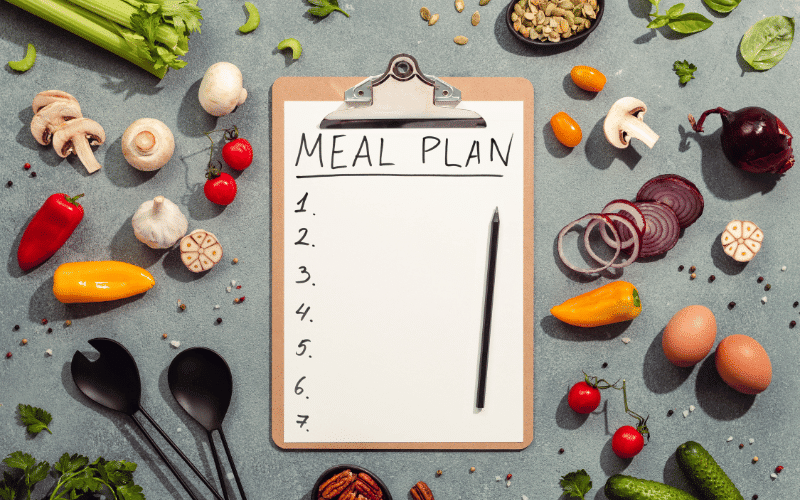Tip 2: Develop a Nutrition Plan

Diet plays a crucial role in managing UC symptoms. While there is no one-size-fits-all diet for UC sufferers, certain foods can exacerbate symptoms or contribute to inflammation. Identifying these trigger foods and developing a personalized nutrition plan can help minimize discomfort and promote healing.
To create a suitable nutrition plan, work closely with a registered dietitian or nutritionist experienced in managing inflammatory bowel diseases. They can provide guidance on which foods to include or avoid, as well as suggest meal plans and recipes tailored to your loved one’s needs. Keep in mind that individual tolerances vary, so it’s essential to monitor the person’s symptoms and make adjustments accordingly.
In general, a balanced diet rich in fruits, vegetables, whole grains, lean proteins, and healthy fats is recommended. However, during flare-ups, a low-residue or low-fiber diet may be more appropriate to reduce gastrointestinal irritation. Additionally, ensure your loved one stays well-hydrated by encouraging them to drink water and other hydrating fluids regularly.
It’s also worth considering the use of supplements, such as probiotics or multivitamins, to support overall health and address any nutrient deficiencies. However, always consult a healthcare professional before introducing any new supplements, as they may interact with medications or cause adverse effects. (2)